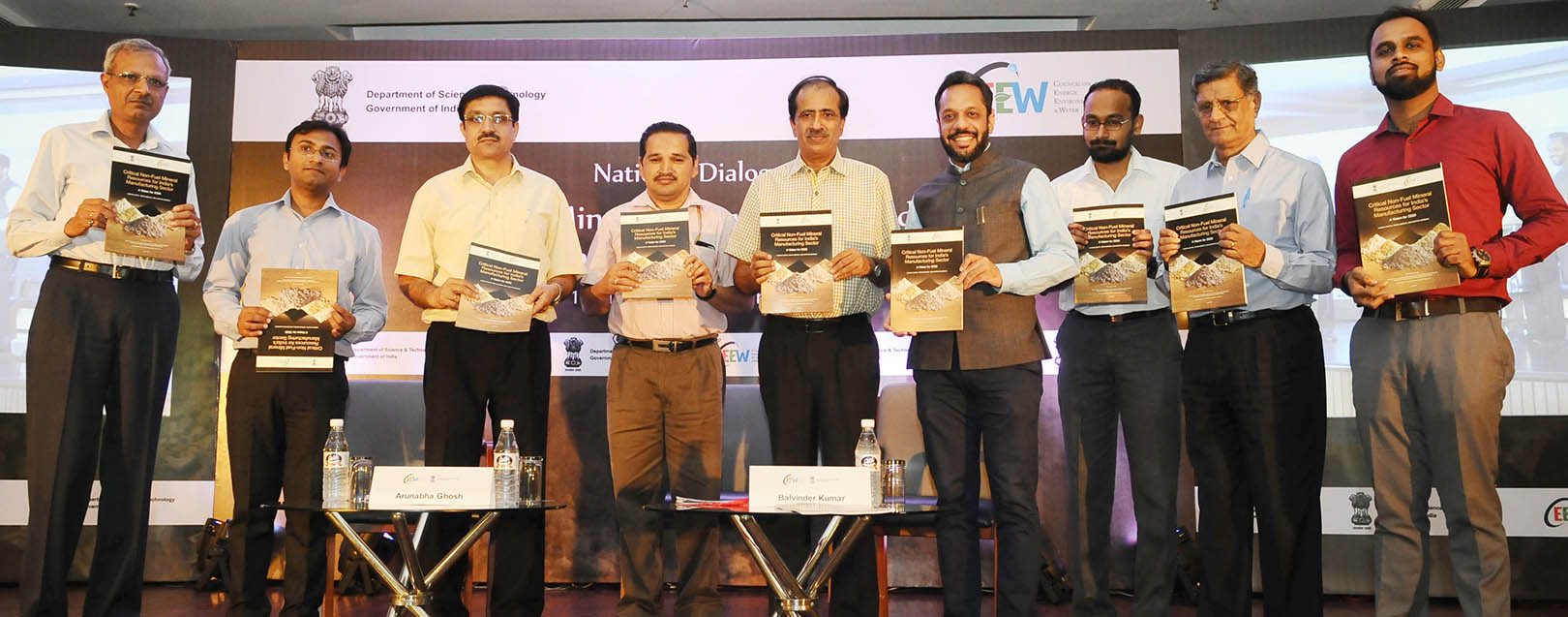
Mines Ministry working on EEZ offshore concession rules
The Department of Science and Technology (DST) and the Council on Energy, Environment and Water (CEEW) jointly organized a National Dialogue themed ‘Critical Mineral Resources for India's Manufacturing Needs,’ on Tuesday in New Delhi.
Balvinder Kumar, Secretary Mines, after delivering the keynote, released the DST report on ‘Critical Non-Fuel Mineral Resources for India’s Manufacturing Sector: A Vision for 2030.’
The Indian government in the past few years has put in major efforts to boost the growth of Indian mining sector through transparent auctions, speedy clearances and creating an exploration fund.
The main focus of the national dialogue was on the recommendations of the study, basing on which they outlined an action plan identifying key mineral resources for India and methods to bring down supply risks.
After extending gratitude and lauding CEEW team’s efforts in the making of the report, Kumar stated that India is gifted with huge mineral resource. There is a huge unutilized potential in this sector, he added.
Since March 2015, the government brought many changes and introduced key reforms including mine allocation through fair means, allocations extended to 50 years from previous 30 years of time, establishment of District Mineral Foundations and National Mineral Exploration Trust, said the report. The study by CEEW will help to frame policies dealing with high-tech manufacturing and national security.
The Ministry of Mines has drafted the Atomic Minerals Concession Rules, 2016 and is working on Exclusive Economic Zone (EEZ) Offshore Concession Rules, said the Mines Secretary.
Around 12 critical minerals have potential to contribute significantly in Make in India and play major role in sustainable development of Indian economy, said CEEW, a leading policy research organization. The study provides an in-depth knowledge on how the critical minerals impact the manufacturing sector of India.






 to success.
to success.